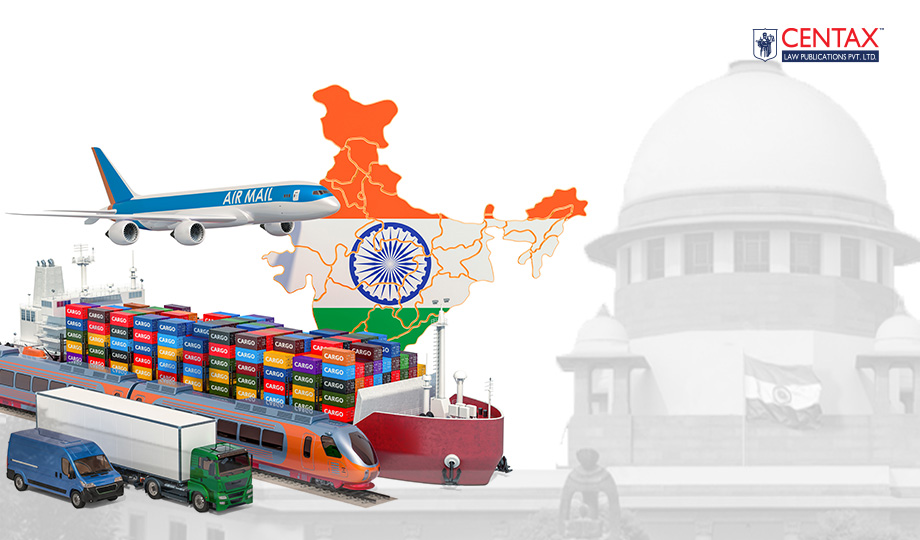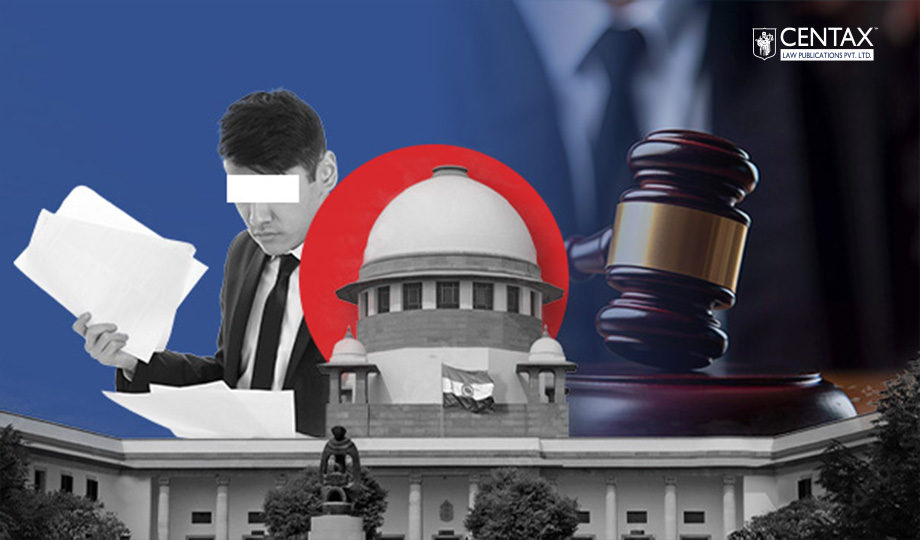
Case Details: In re: Marubeni India Pvt. Ltd. (2025) 32 Centax 16 (A.A.R.-GST-Kar.)
Judiciary and Counsel Details
- Dr. M.P. Ravi Prasad & Kiran Reddy T, Members
- Ms Neha Kishore, C A for the Applicant.
Facts of the Case
The applicant, engaged in the supply of goods and services, was approached by an overseas customer for supply of goods to be procured from domestic vendors. The applicant proposed to place a back-to-back purchase order with Indian manufacturers, and for logistical convenience, the goods would be shipped directly from the Indian manufacturer’s premises to the overseas destination without physical delivery to the applicant. As per the agreement, the Indian manufacturer would undertake all export compliances, including filing the Shipping Bill as the exporter and receiving the Bill of Lading from the shipper, without issuing any invoice to or communicating with the overseas customer.
The transaction was structured on a principal-to-principal basis, involving two invoices: one between the Indian manufacturer and the applicant, and the other between the applicant and the overseas customer. The overseas customer would remit consideration in convertible foreign currency to the applicant’s foreign currency account in India, and the applicant would, in turn, remit payment to the Indian manufacturer from the same account. The transactions were accordingly recorded as purchase and sale of goods in the applicant’s books. In view of this arrangement, the applicant sought an advance ruling to determine whether the supply of goods to the overseas customer, under these circumstances, would be treated as a supply of goods or services under GST law, and the matter was accordingly placed before the Authority for Advance Ruling (AAR), Karnataka.
AAR Held
The AAR Karnataka held that the Indian manufacturer, being the person filing the Shipping Bill and receiving the Bill of Lading, was the owner and title holder of the goods at the time of export, and thus qualified as the exporter under Section 2(5) of the IGST Act. Consequently, the place of supply in the transaction between the Indian manufacturer and the applicant was determined to be outside India under Section 11(b) of the IGST Act, 2017. Regarding the second transaction between the applicant and the overseas customer, the goods were supplied from a location outside India to another location outside India without entering India. As such, the transaction fell under Entry 7 of Schedule III of the CGST Act, 2017 and was to be treated neither as a supply of goods nor a supply of services under Section 7 of the CGST Act/Karnataka GST Act.




















